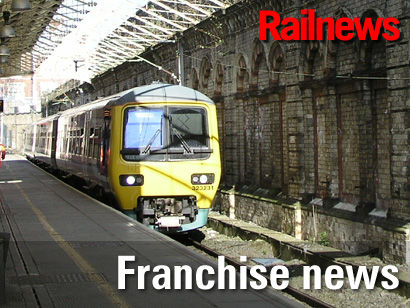THE CrossCountry contract held by Arriva has been extended by three years to October 2019.
The extension was expected, and had already been shown as 'anticipated' on franchise charts issued by the Department for Transport.
Arriva has agreed to what the DfT described as 'challenging targets' on performance.
Other changes include 39,000 more seats at peak times along the Edinburgh-Plymouth route through Leeds, Birmingham and Bristol, by December 2017 and faster journeys between Birmingham and Manchester – typically by nine minutes on weekdays and 12 at weekends.
The DfT has also referred to a '£20 million Government investment in more modern trains', but no details have yet been revealed.
CrossCountry will offer free and faster WiFi by April 2018, and more trains will call at Morpeth. CrossCountry customer services will also be open continuously and new a mobile app will be launched.
There's good news for Community Rail Partnerships around the CrossCountry network, who will share new funding of £340,000, while CrossCountry will also scrap the £10 'change of travel' fee for Advance ticket holders from January.
Rail minister Paul Maynard described the deal as a 'key milestone', while CrossCountry managing director Andy Cooper said: “We are delighted to have the opportunity to deliver even more for our customers over the next three years through this new agreement. Satisfaction is the theme for the range of investments we will be making, with better, faster journeys with more seats and free WiFi.
“We will also be looking to our customers for feedback on how we can deliver them great journeys, and a strong focus on engaging with the many communities and stakeholders our trains serve across the country.”
Arriva will pay gross premiums of £163 million during the three year extension, but this does not take into account the operator's 'share' of Network Rail's Direct Grant, which has the effect of reducing track access charges. In 2014-2015, CrossCountry received revenue support worth £154.1 million, and each passenger kilometre was effectively subsidised by 5.2p.


